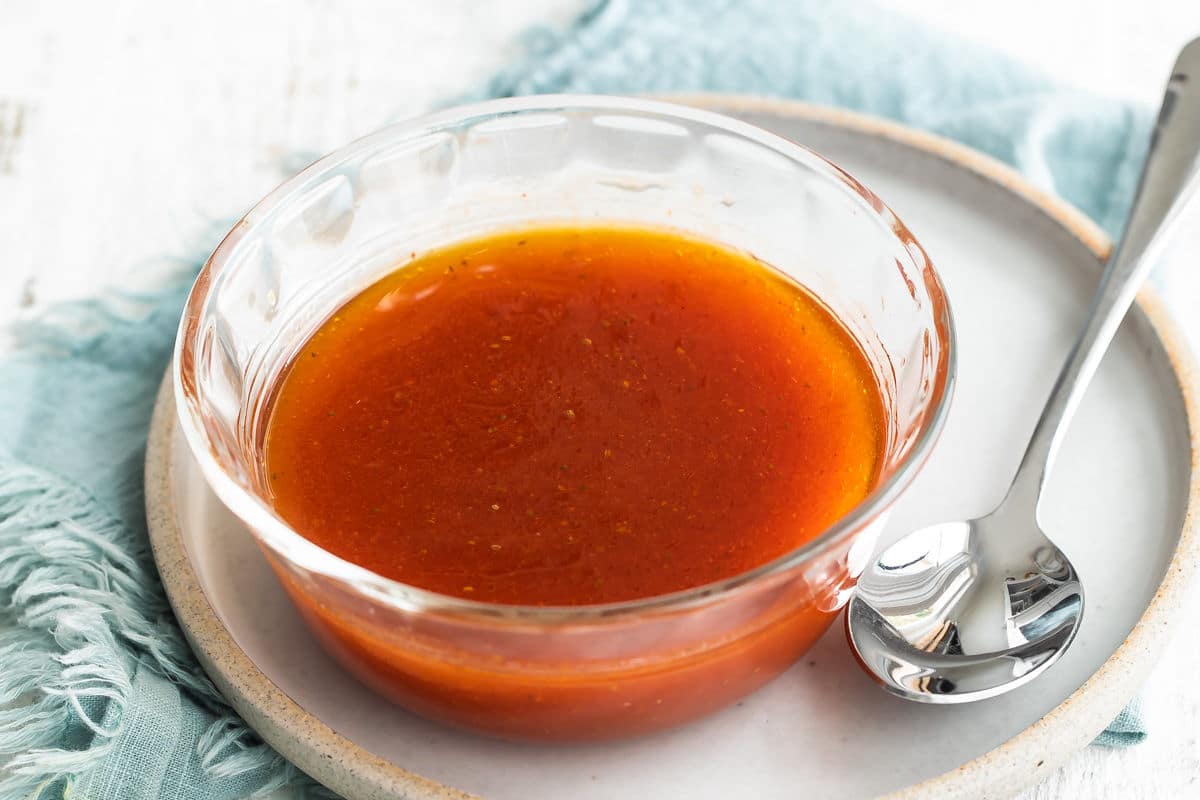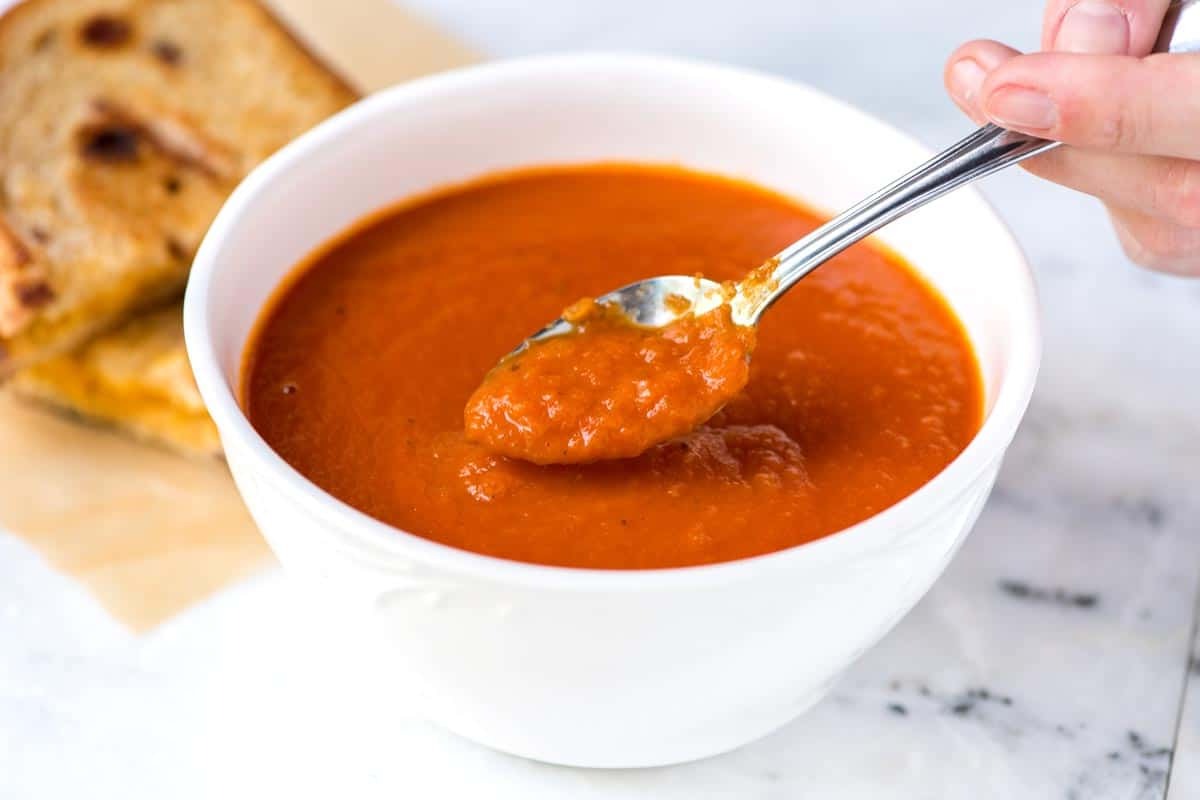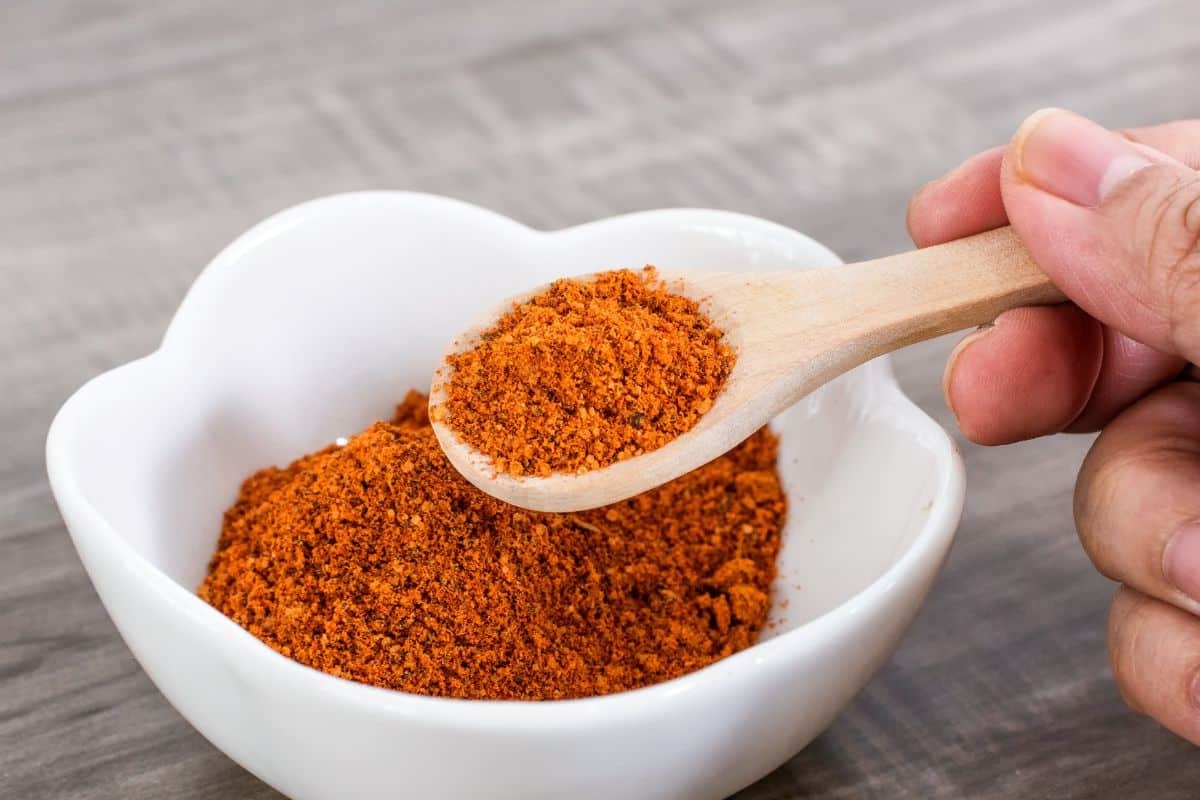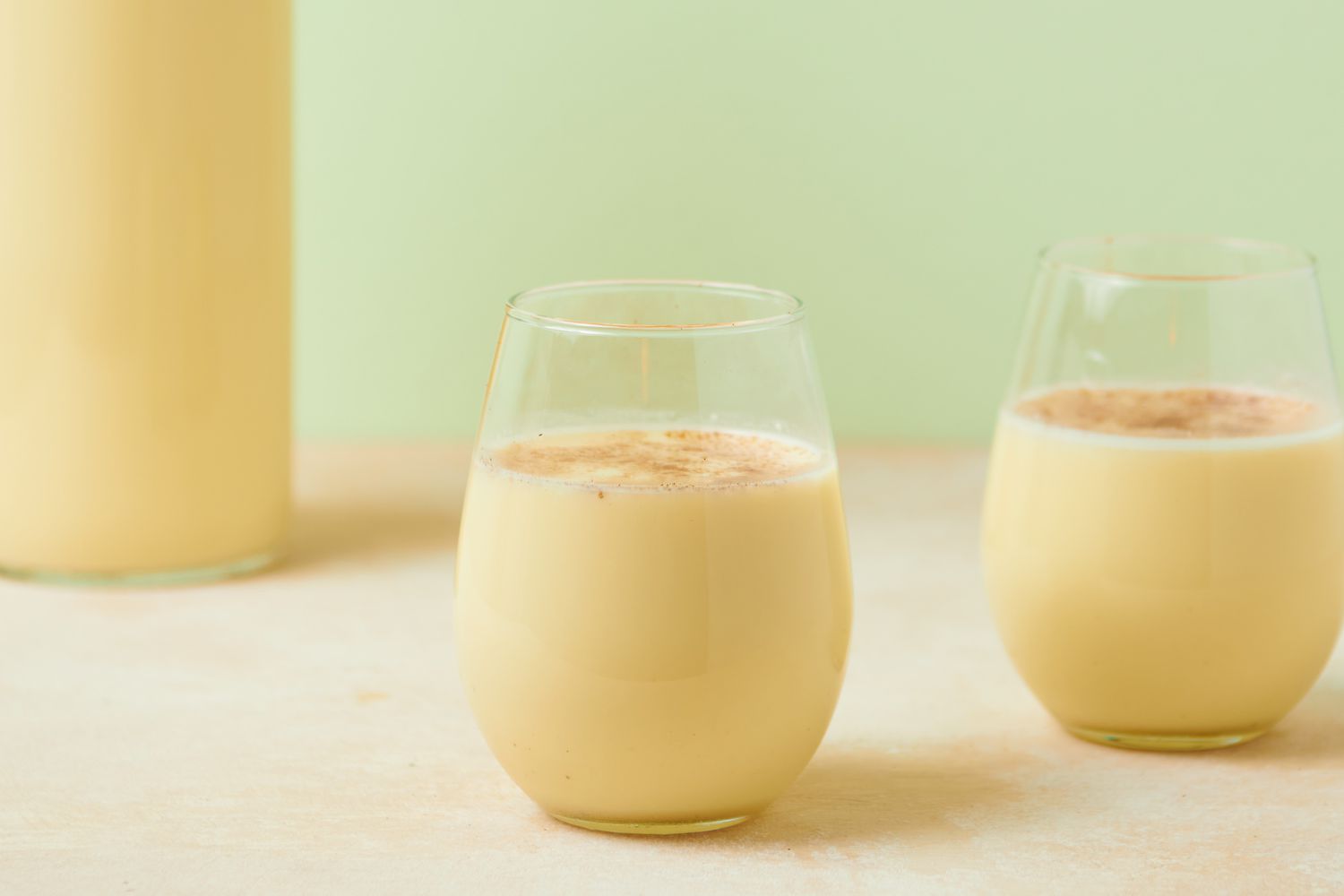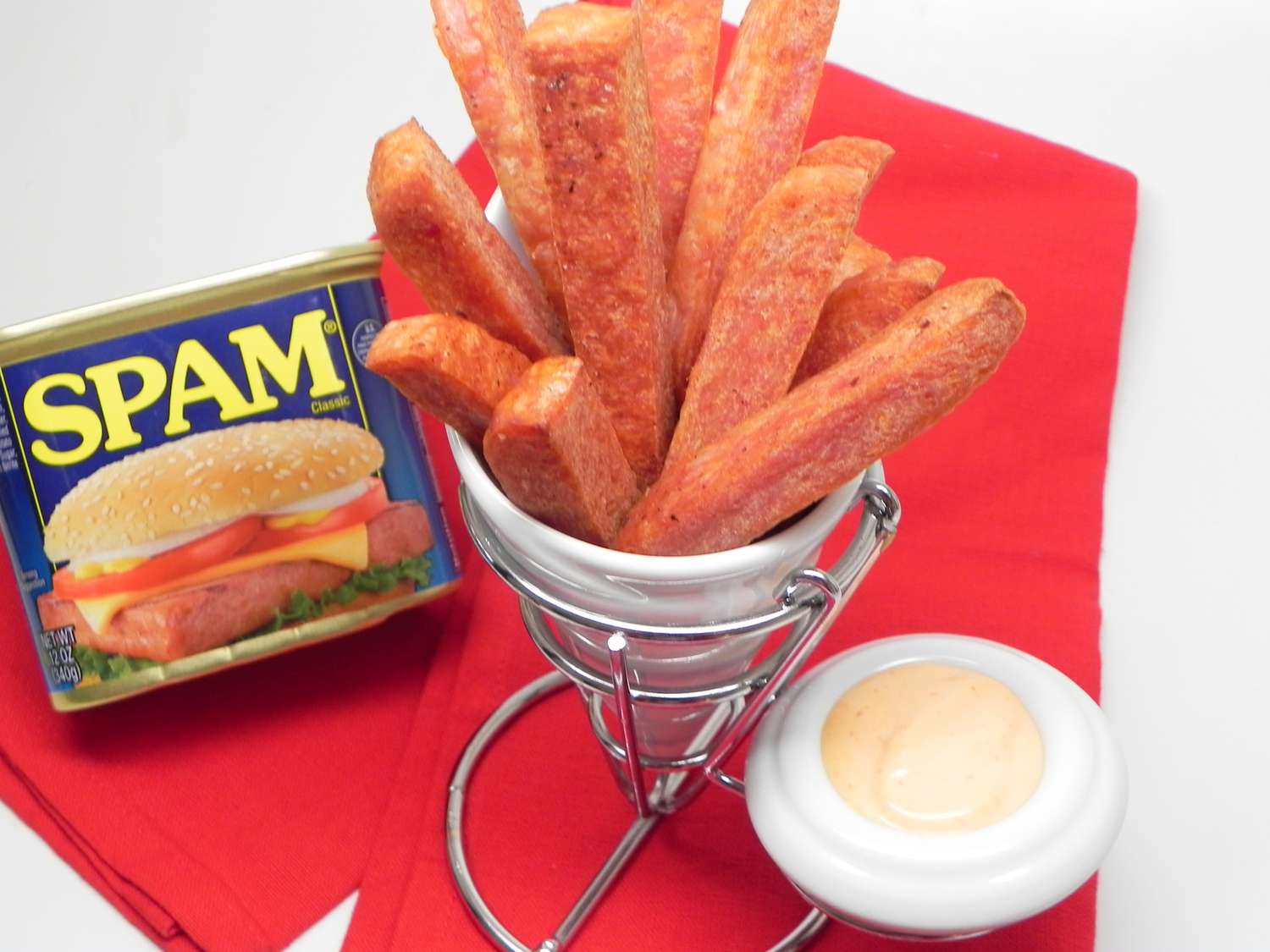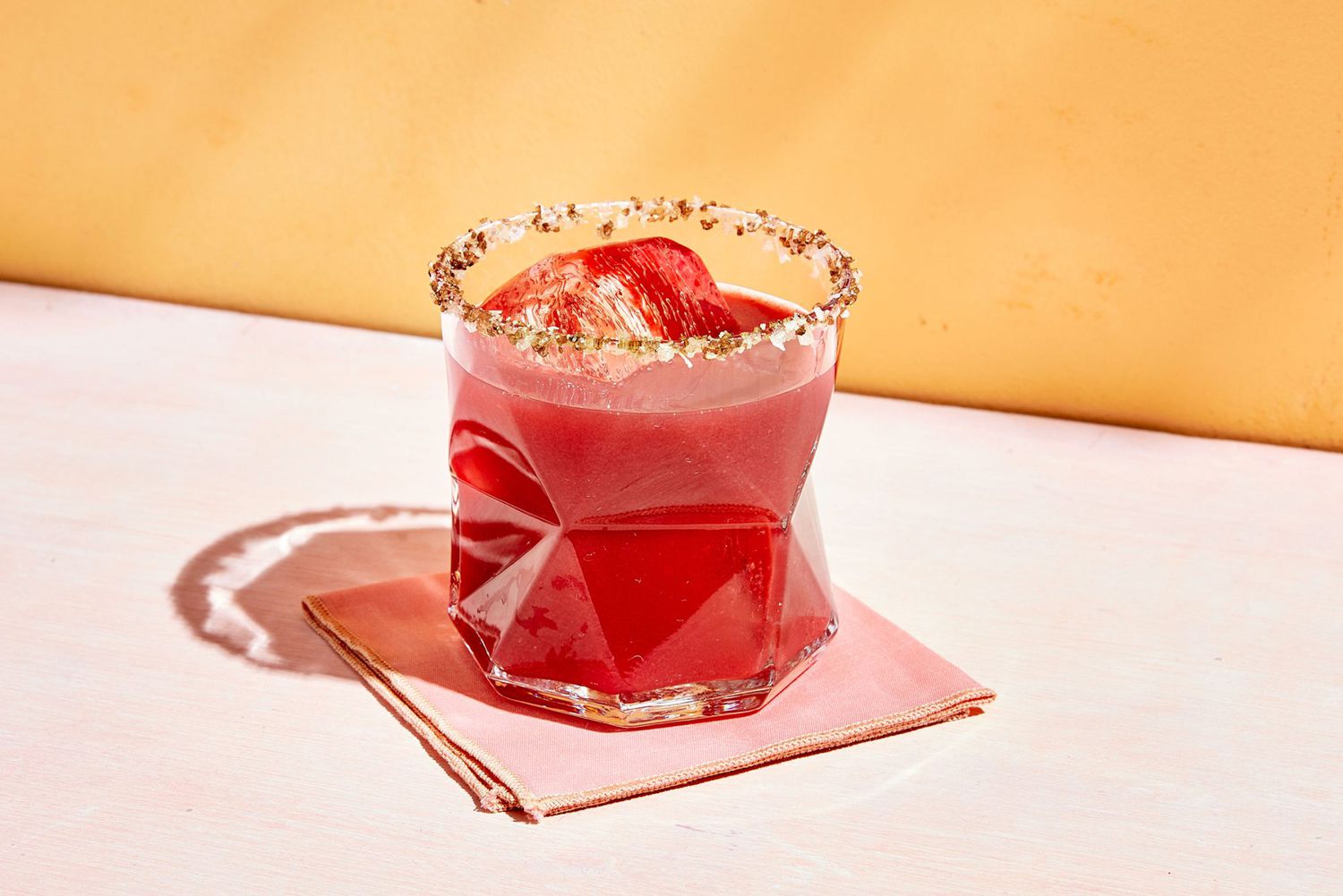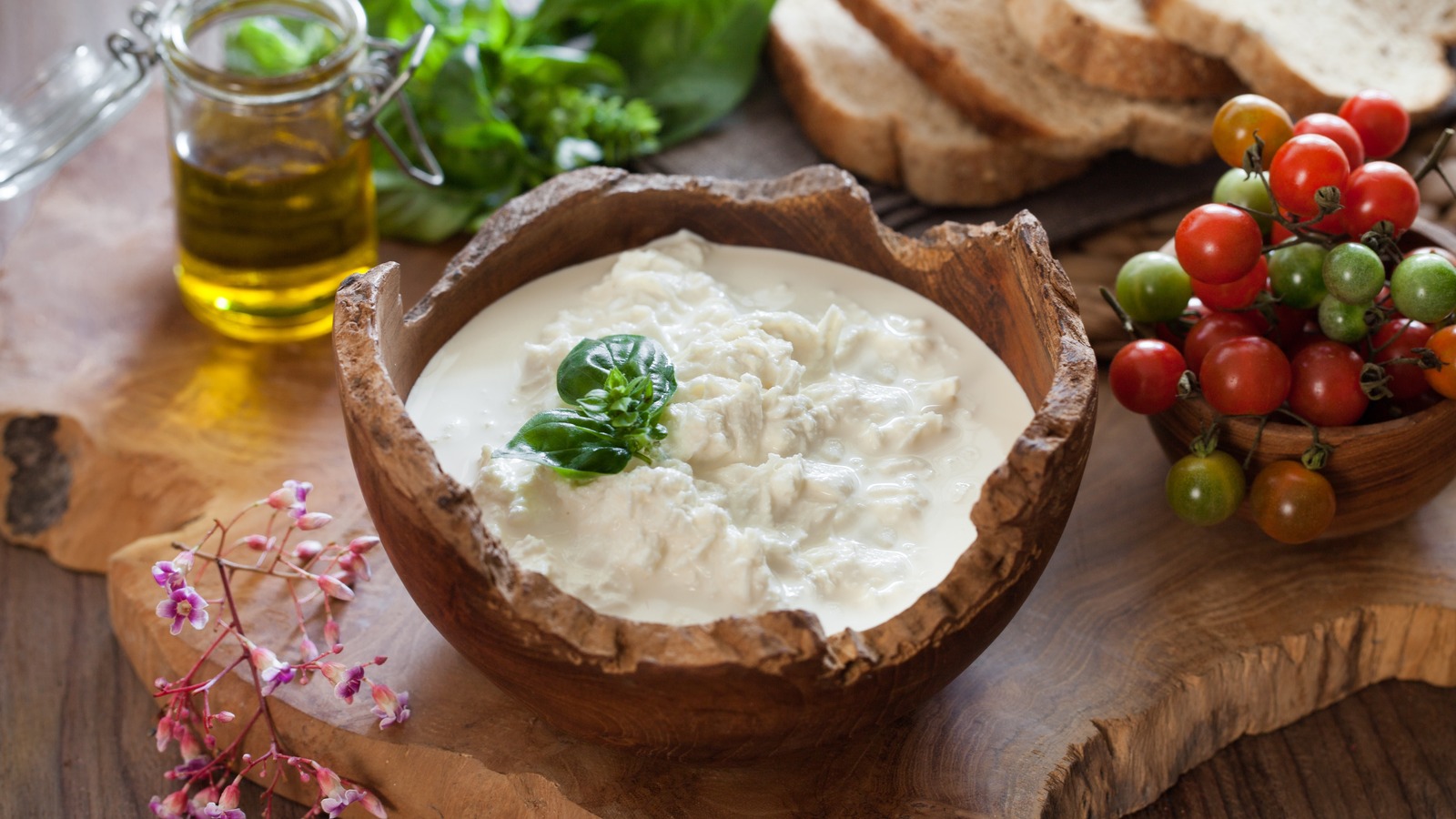Salt is a fundamental ingredient in cooking and a staple in many cuisines around the world. It adds flavor, enhances the taste of food, and is essential for preserving and curing meats. But not all salt is created equal. Pure salt is a type of salt that is minimally processed and free from additives, making it a popular choice for those seeking a more natural and unadulterated seasoning.
What Is Pure Salt?
Pure salt is simply salt that has been minimally processed and contains little to no additives. It is typically harvested from natural salt deposits, such as salt mines or salt flats, and undergoes minimal refining to remove impurities. This type of salt is often referred to as "unrefined" or "natural" salt, as it retains more of its natural mineral content compared to highly processed table salt.
Types of Pure Salt
There are several varieties of pure salt available, each with its own unique characteristics and flavor profiles. Some popular types of pure salt include:
-
Himalayan Pink Salt: Mined from the Khewra Salt Mine in Pakistan, Himalayan pink salt is known for its distinctive pink color due to the presence of trace minerals, such as iron oxide. It is prized for its delicate flavor and is often used as a finishing salt.
-
Sea Salt: Harvested from evaporated seawater, sea salt is available in both fine and coarse textures. It contains trace minerals that give it a briny flavor, making it a popular choice for seasoning and cooking.
-
Fleur de Sel: Translating to "flower of salt" in French, fleur de sel is a hand-harvested sea salt known for its delicate texture and subtle flavor. It is often used as a finishing salt for dishes.
-
Kosher Salt: While not always considered a "pure" salt, kosher salt is a coarse-grained salt that is free from additives such as iodine. It is commonly used in koshering meat and has a clean, pure taste.
Benefits of Pure Salt
Choosing pure salt over highly processed table salt offers several potential benefits:
-
Rich in Minerals: Pure salt retains more of its natural mineral content, including essential minerals like magnesium, potassium, and calcium, which are often stripped away during the refining process.
-
Enhanced Flavor: The presence of trace minerals in pure salt can contribute to a more complex and nuanced flavor profile compared to highly processed salt.
-
Less Processing: Pure salt undergoes minimal processing, making it a more natural and unadulterated choice for seasoning and cooking.
How to Use Pure Salt
Pure salt can be used in the same way as regular table salt, but its more robust flavor may require some adjustment in usage. Here are a few tips for using pure salt in your cooking:
-
Seasoning: Use pure salt to season dishes during cooking or as a finishing touch to enhance the flavors of a dish.
-
Baking: Incorporate pure salt into baked goods to add depth of flavor and enhance the overall taste of the final product.
-
Brining: Pure salt is ideal for brining meats, as it can help tenderize and flavor the meat while preserving its natural juices.
In Conclusion
Pure salt offers a natural and flavorful alternative to highly processed table salt. With its rich mineral content and nuanced flavor, it is a popular choice among home cooks and professional chefs alike. Whether you opt for Himalayan pink salt, sea salt, or another variety of pure salt, incorporating this natural seasoning into your culinary repertoire can elevate the taste of your dishes while providing potential health benefits. So, the next time you reach for the salt shaker, consider adding a sprinkle of pure salt to enhance the flavors of your favorite recipes.
Was this page helpful?
Read Next: What Is A Twice-Baked Potato?


